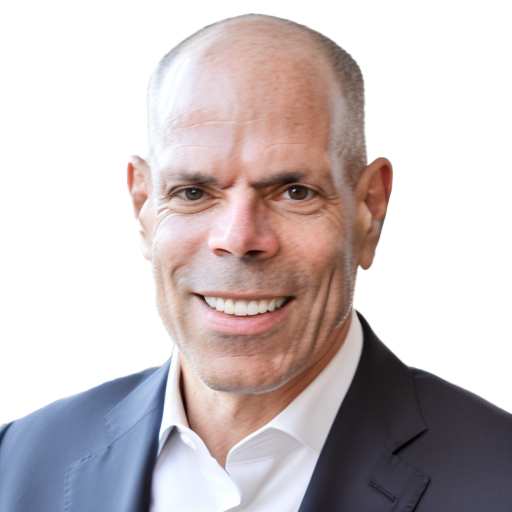
5 Reasons to Outsource Cyber Protection
Cybersecurity is a must-have for every business, but factors like industry and company size will impact what tools and practices you will need to keep it protected. Ideally, you should begin every inquiry into your organization’s cyber defenses with an assessment to determine your current security posture before making any big decisions.
Small businesses face unique challenges. Fortunately, there are numerous approaches to cybersecurity — world-class cyber protection is available to you, too, but you have to play the game a little differently.
5 Questions to Ask About Your Cyber Defenses
You don’t have to fill this out on a clipboard, but if you find yourself shaking your head as you go over these points, you might want to look into outsourcing your company’s cyber protection. Download the checklist here.
1. Are your ideal security solutions out of your budget?
Your business needs to be able to keep up with industry standards and best practices, but sometimes your budget forces you to choose solutions that don’t perform as well as you’d like them to. You may even have to prioritize one solution over another.
2. Do you find you’re lacking the time and resources you need to build a better cybersecurity strategy?
The cyber threat landscape is in constant flux; new threats will emerge, and you’ll need answers for them. You need to be able to incorporate and integrate new tools quickly.
3. Do you feel like your organization is protected by your current cybersecurity solution investments?
No one can predict what threats will appear in the future. A previously-unknown zero-day vulnerability could be found tomorrow in a ubiquitous tool — the infamous Log4j vulnerability is a good recent example. Reacting appropriately to surprises requires resources, time, and capital, which can make these situations particularly vexing for small businesses.
4. Does your team have the knowledge and training to help keep your organization safe from a cyber attack?
An organization’s people play a massive role in cybersecurity. Insider threats and social engineering techniques pose a difficult problem to organizations of every size. Proper training is the difference between a united team effort and the business taking a hit because someone clicked a link on a suspicious email.
5. Does your business lack the flexibility to incorporate new features from vendors you don’t already work with?
Some cybersecurity providers design new tools that only work with their existing solutions, which can lead to vendor “lock in,” where you’re completely reliant on the capabilities of their technologies. If something changes and you need a feature the vendor you’re locked in with doesn’t offer, implementing it could mean changing out the tools in your stack, leading to lost time and high expenses.
Where Do You Stand?
If you checked off any of the boxes on the list, outsourcing your cyber protection might be a good move for your business. As a small business, you have to be surgical with your decisions to keep up with the pace of evolving threats and compliance requirements.
Cyberleaf offers cyber protection as a subscription to help small and medium businesses employ best of breed cyber protection without the need for a massive budget or a lengthy adoption process.
If you’re interested in Cyberleaf and our mission to democratize cybersecurity and make top-tier protection available to businesses of all sizes, register for a free cyber risk assessment to find out if our model is right for you.





